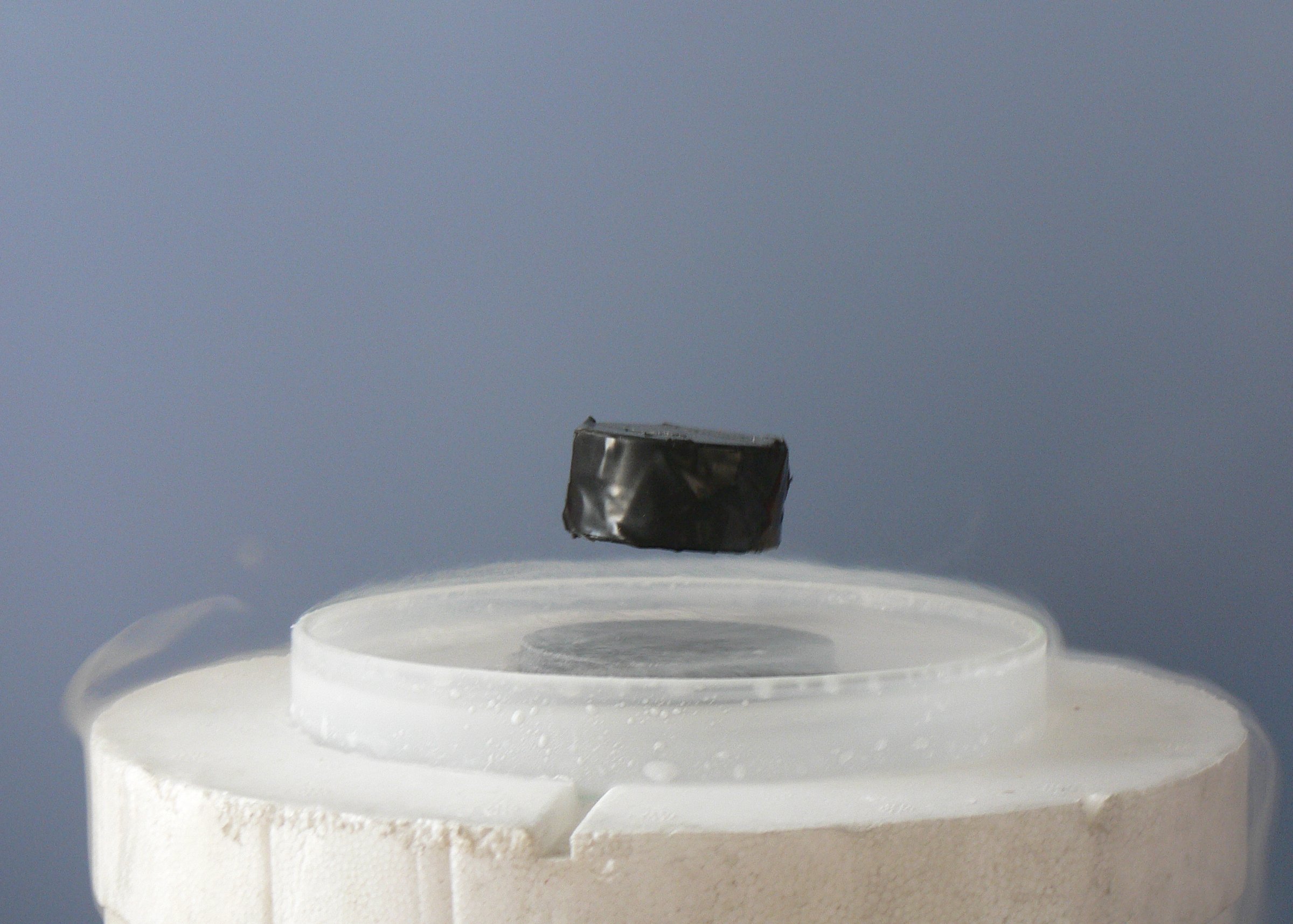
Photo from academic.microsoft.com
All-solid-state batteries utilizing a ceramic instead of an organic liquid as an electrolyte have the potential to be safer and more energy dense than traditional rechargeable lithium-ion batteries. This emergent… Click to show full abstract
All-solid-state batteries utilizing a ceramic instead of an organic liquid as an electrolyte have the potential to be safer and more energy dense than traditional rechargeable lithium-ion batteries. This emergent energy-storage technology, however, is still critically limited by the performance of the solid electrolyte and its interface with electrodes. Here, we present a review of recent efforts in predictive modeling and materials design for lithium and sodium solid electrolytes using advanced computational approaches. These approaches have enabled the efficient design and discovery of new functional materials with desired properties, such as high alkali ionic conductivity, good phase and electrochemical stability, and low cost, accelerating the development of all-solid-state alkali batteries.
Journal Title: Mrs Bulletin
Year Published: 2018
Link to full text (if available)
Share on Social Media: Sign Up to like & get
recommendations!